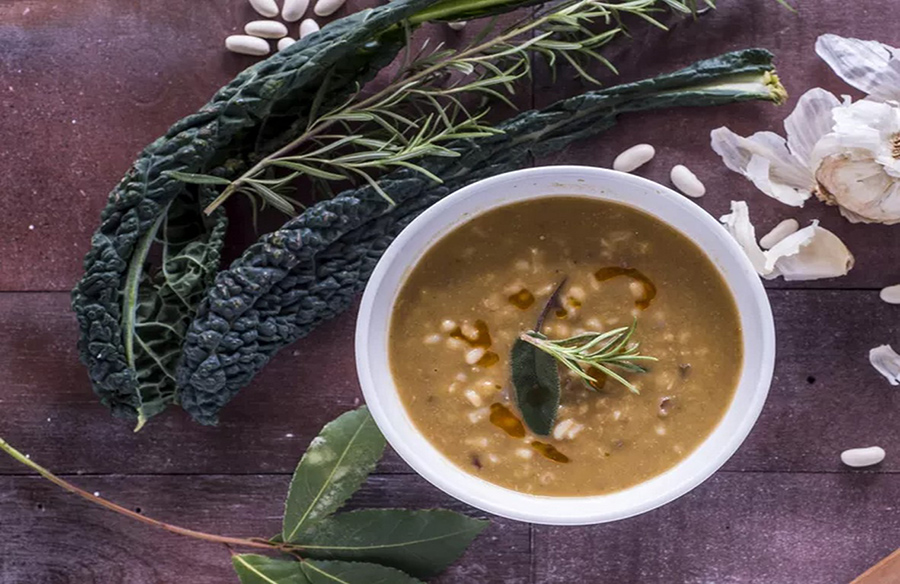Unlocking Nutritional Benefits: 6 Vegetables That Thrive When Cooked

While the trend of raw food consumption has gained popularity for its perceived health benefits, cooking certain vegetables can actually enhance their nutritional value. Contrary to common belief, some vegetables undergo a nutritional transformation when exposed to heat, unlocking a plethora of health-boosting compounds. Here are six vegetables that thrive when cooked:
Pumpkin and Other Winter Squash
Cooked pumpkin and winter squash boast a treasure trove of antioxidants, including beta-carotene, which becomes more readily absorbed by the body upon heating. These antioxidants play a vital role in supporting overall health and immune function, making cooked pumpkin an excellent addition to your diet.

Asparagus
While raw asparagus may be enticing, cooking asparagus facilitates the breakdown of thick cell walls, allowing for better absorption of essential nutrients such as vitamins A, C, and E, and folate. Additionally, cooking enhances the availability of antioxidants like ferulic acid, further boosting its nutritional profile.
Tomatoes
Heating tomatoes releases lycopene, a potent antioxidant associated with a reduced risk of cancer and heart disease. Although cooking diminishes the vitamin C content of tomatoes, the benefits of lycopene outweigh this drawback, making cooked tomatoes a valuable addition to your culinary repertoire.
Carrots
Cooked carrots contain higher levels of beta-carotene, a precursor to vitamin A crucial for immune function and vision. Beta-carotene belongs to the carotenoid family, which imparts vibrant hues to fruits and vegetables and offers a myriad of health benefits.
Mushrooms
Cooking mushrooms enhances their digestibility and unlocks a plethora of nutrients, including protein, B vitamins, and minerals. Furthermore, certain cooking methods like microwaving or grilling can increase the antioxidant content of mushrooms, amplifying their health-promoting properties.
Spinach
Both raw and cooked spinach offer unique nutritional benefits. While raw spinach is rich in folate, vitamin C, and other water-soluble vitamins, cooking spinach boosts the availability of vitamins A and E, as well as essential minerals like iron and calcium. Additionally, cooking spinach enhances the absorption of important carotenoids, such as beta-carotene and lutein.
Incorporating a variety of cooking methods and consuming a diverse range of fruits and vegetables ensures a balanced nutrient intake. Whether raw or cooked, vegetables play a crucial role in supporting overall health and well-being. So, embrace culinary versatility and savor the nutritional bounty offered by both raw and cooked vegetables. Remember, the key is to enjoy your fruits and vegetables in whichever form makes them most palatable, ensuring a nourishing and satisfying dining experience.













